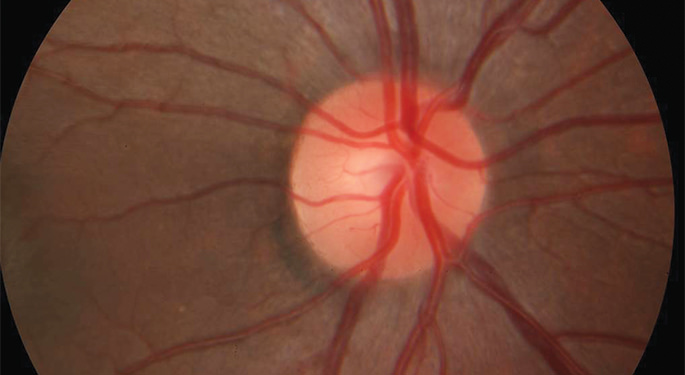Neuro-Ophthalmology

Mount Sinai’s experts in neuro-ophthalmology specialize in the evaluation, diagnosis, and treatment of visual problems that affect the optic nerve, eye movement, or the pupil’s reflexes. We identify and treat problems impacting either the brain's interpretation of what the eyes see or the brain's coordination of eye movements. Most commonly, patients come to us for help with loss of vision and double vision.
Our neuro-ophthalmologists collaborate with neurologists and neurosurgeons to diagnose and treat these disorders, using sophisticated techniques. These approaches include neuroimaging of the brain and orbits, magnetic resonance imaging (MRI), and computed tomography (CT) scans.
Our specialists have expertise in diagnosing and treating a wide range of neurological and systemic conditions that include:
Optic neuritis and other inflammatory optic nerve diseases: These can be associated with multiple sclerosis and other systemic inflammatory diseases, and may cause loss of vision.
Double vision: Typically arising from a misalignment between the eyes, double vision can be a symptom of neurological disease.
Swollen optic nerves (papilledema) or idiopathic intracranial hypertension: These conditions can increase intracranial pressure and cause blurred or loss of vision, double vision, and headaches.
Droopy eyelid and double vision: Causes of these symptoms include ocular myasthenia gravis, cranial nerve palsies, and diseases affecting the orbit.
Meningioma, pituitary tumor, aneurysm, and craniopharyngioma: These conditions can lead to visual loss from optic pathway compression or double vision.
Unexplained visual loss: This may arise from complications of systemic cancer or other diseases. To evaluate unexplained loss of vision, we start by determining whether the problem centers around the brain, the optic nerves, the retina, or from interference with the visual axis. In children, the culprit can be a minor viral illness. In the elderly, temporal arteritis causes characteristic symptoms, which are often misdiagnosed as arthritis and can cause blindness if not treated early.
Untreated neurovascular disorders: Arteriovenous malformation, other arteriovenous fistula, aneurysms, and other such conditions can cause irreversible visual loss and other major neurological deficits.
Acute optic nerve injury: This can lead to vascular disease, such as non-arteritic anterior ischemic optic neuropathy and temporal arteritis.
In addition to offering advanced treatments of these conditions, the Mount Sinai Neuro-Ophthalmology Service is also a leading site for research and clinical trials in many of these disorders. We strive to better the lives of patients struggling with these disorders today, and to develop new therapies for tomorrow.